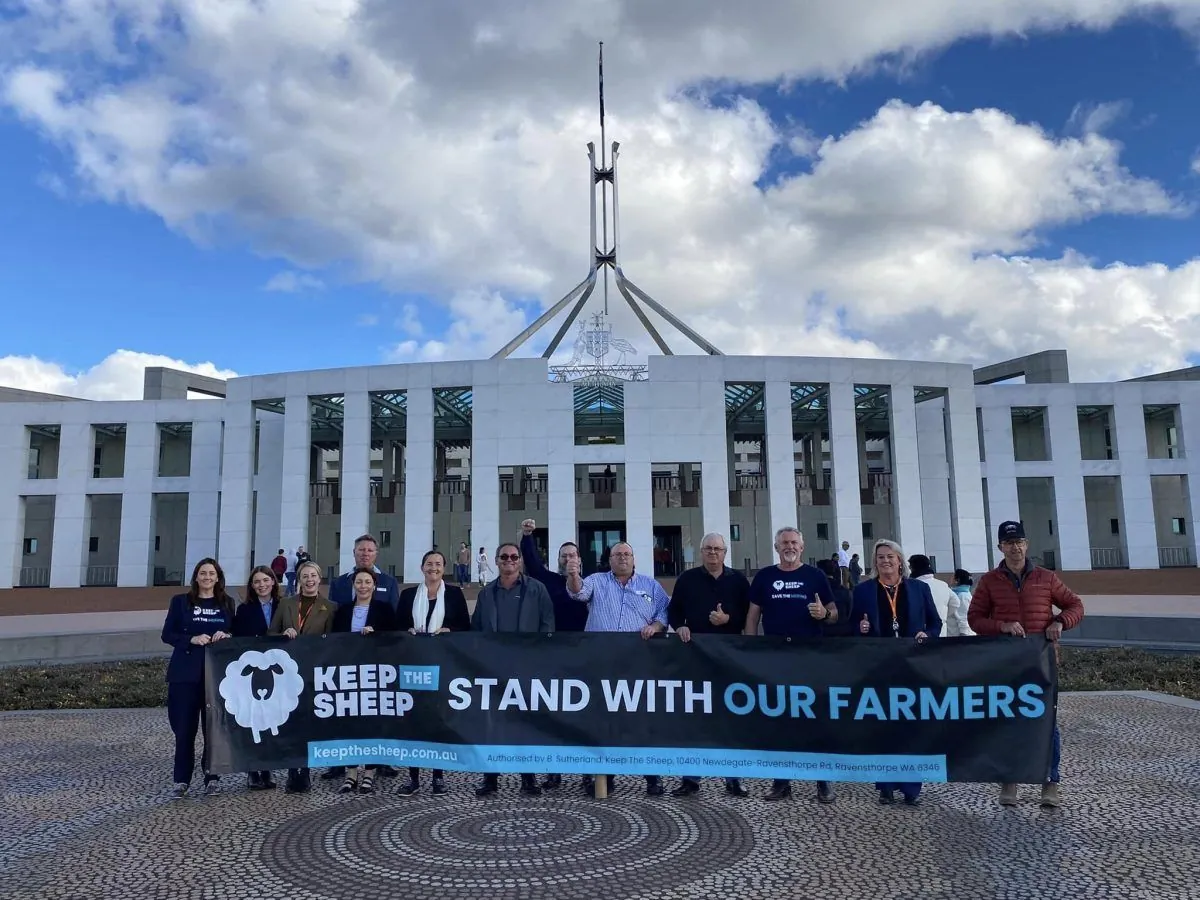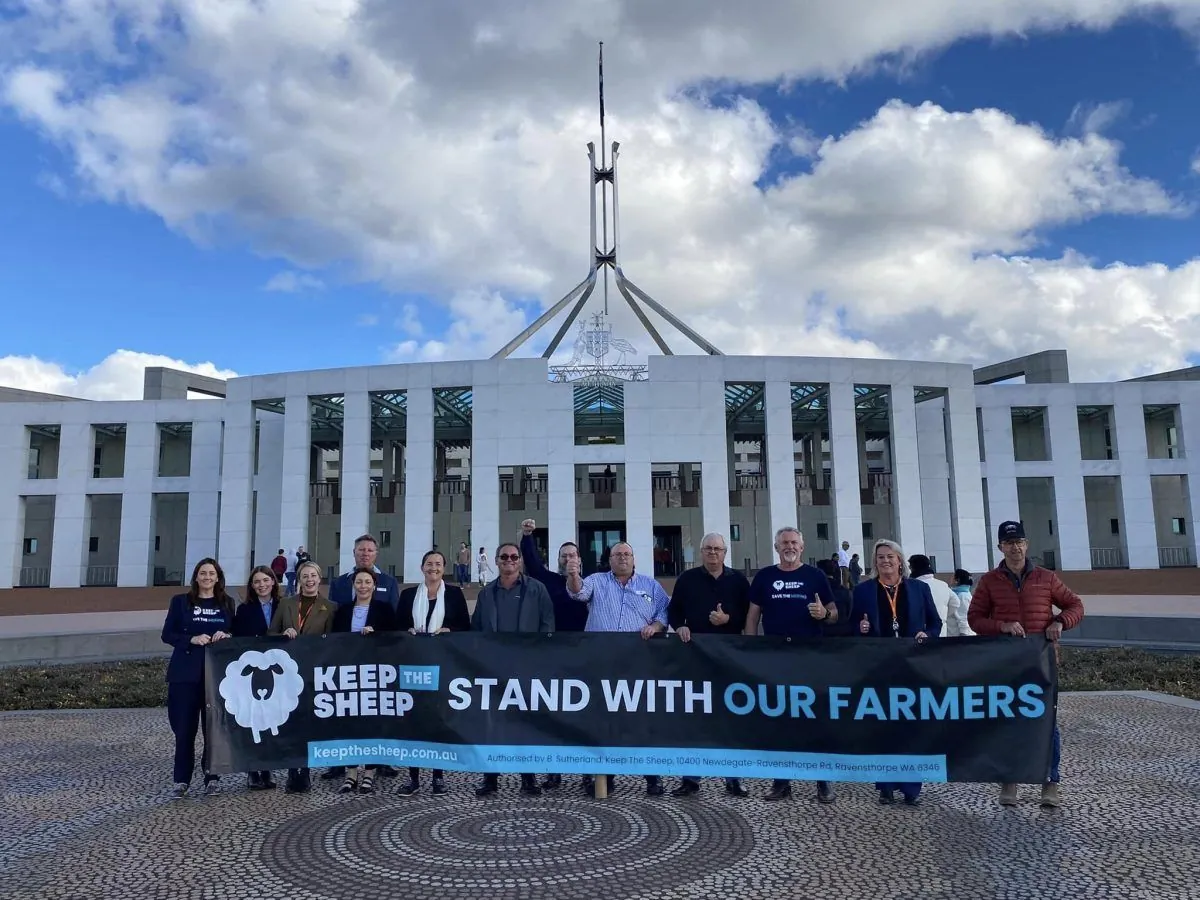Australian Farmers Rally Against Government Policies in Canberra
Hundreds of Australian farmers protested in Canberra against government policies they claim harm their livelihoods. The rally, organized by the National Farmers' Federation, expressed concerns over environmental regulations and lack of representation.

On September 10, 2023, a significant event unfolded in Canberra as hundreds of farmers from across Australia gathered to voice their concerns about government policies. This protest, organized by the National Farmers' Federation (NFF), marked the first nationwide rally of farmers in the capital since the 1980s.
The demonstrators expressed their dissatisfaction with policies they believe are heavily influenced by environmental and animal welfare activists, potentially jeopardizing their livelihoods. David Jochinke, the NFF President, addressed the crowd, emphasizing the farmers' desire for respect and representation in policy-making processes.
Australia, known as the world's 12th largest agricultural exporter by value, has a robust farming sector that contributes significantly to the nation's economy. The country's agricultural exports were valued at over $50 billion in 2020-21, highlighting the industry's importance. With over 85,000 farm businesses spread across an average farm size of 4,331 hectares, the sector employs about 2.6% of the Australian workforce.
The protesters raised concerns about several government initiatives, including plans to ban live sheep exports, restrict water use, and accelerate the construction of renewable power infrastructure in rural areas. These policies, according to the farmers, could potentially harm their operations and limit their ability to farm effectively.

The Labor government, which has been in power since May 2022, did not send a representative to the rally. However, Agriculture Minister Julie Collins defended the government's actions in an interview with the Australian Broadcasting Corporation (ABC). She stated that the government was committed to listening to farmers and had taken steps to expand overseas market access and invest in biosecurity.
"We deserve to be respected. There are alternative voices that are united against us. We don't think they are the ones that should be setting the policy. We feel like we are getting stiffed."
The protest is part of a broader wave of unrest observed in various parts of the world, where farmers are pushing back against environmental regulations they perceive as burdensome and costly. In Australia, the agricultural sector is known for its high adoption of technology, but it also faces significant challenges, including the projected impacts of climate change in the coming decades.
Opposition leader Peter Dutton attended the rally, pledging to reverse the ban on live sheep exports if elected. The livestock export industry in Australia is worth over $1 billion annually, making it a crucial sector for many farmers. The opposition's agriculture spokesman also expressed opposition to water restrictions, which could affect regions like the Murray-Darling Basin, responsible for producing one-third of Australia's food supply.
As federal elections approach, due by May 2025 at the latest, farm lobby leaders have indicated their intention to campaign against the current government. This political dimension adds another layer of complexity to the ongoing debate about the future of Australian agriculture.
Despite recent years of favorable production due to plentiful rain, many farmers remain pessimistic about their future under the current government policies. Will Croker, a 32-year-old livestock farmer from New South Wales, expressed his concerns, stating, "Under this government there's no future for agriculture in Australia."
As the protest concluded, the message from the farming community was clear: they seek greater involvement in shaping the policies that affect their industry. With Australian farmers producing enough food to feed 75 million people, the outcome of this ongoing debate could have far-reaching implications for both the national economy and global food security.


































